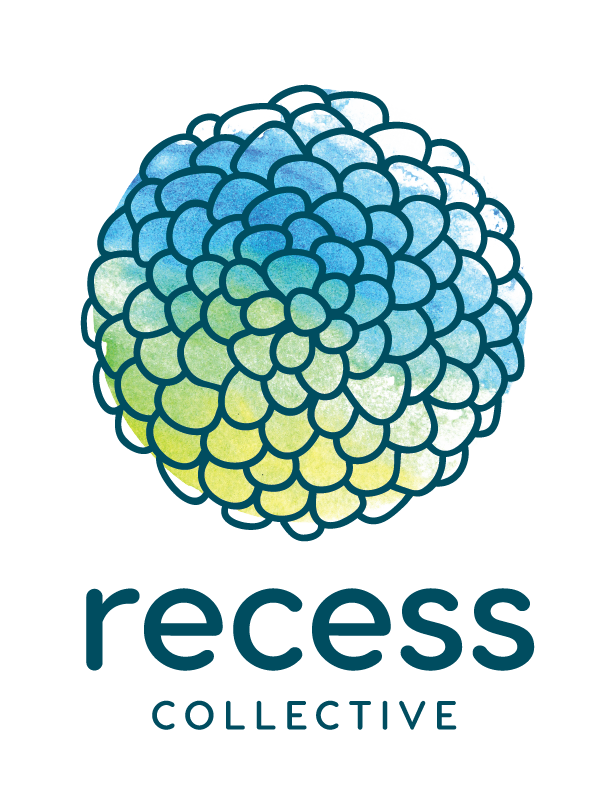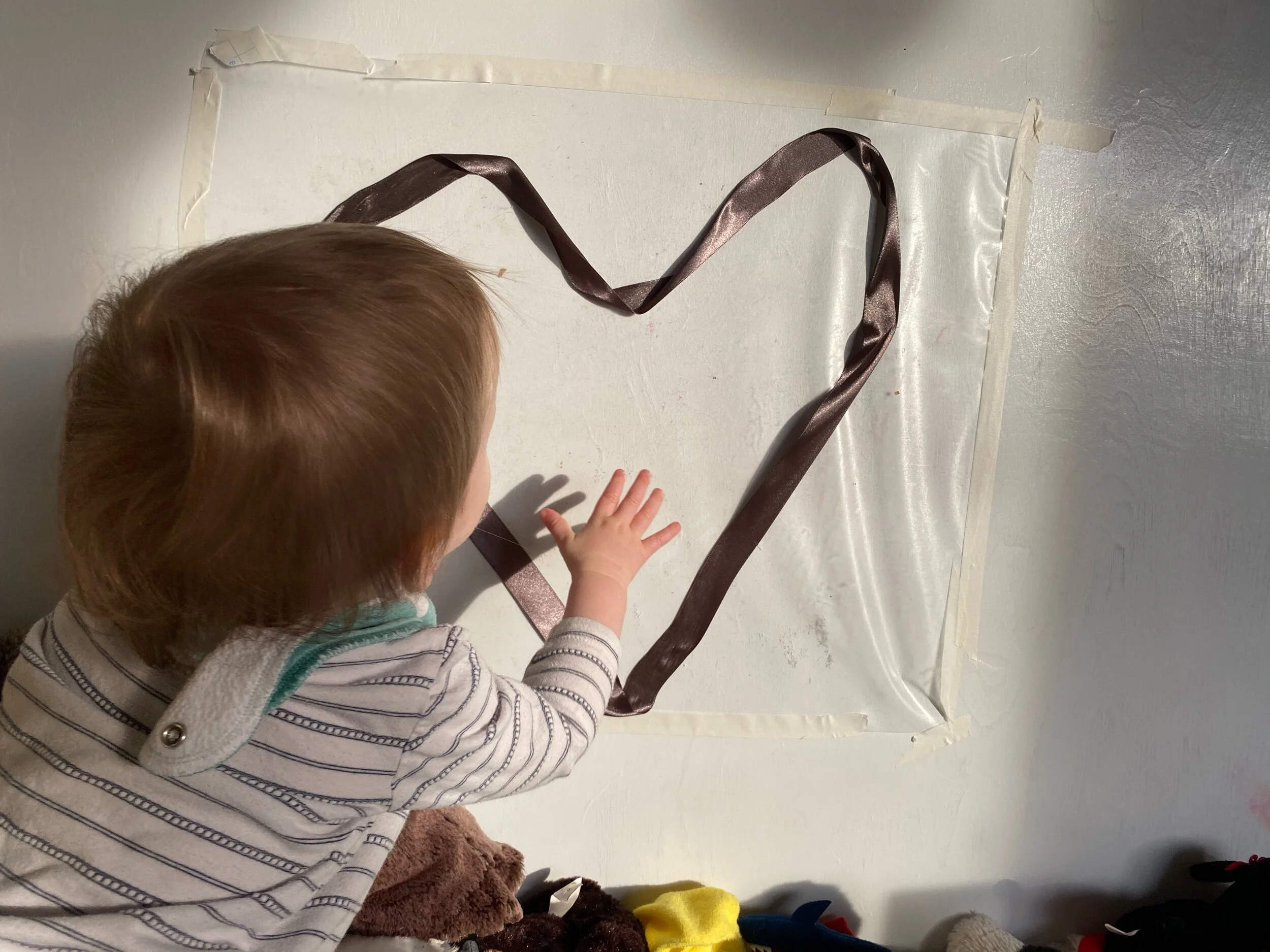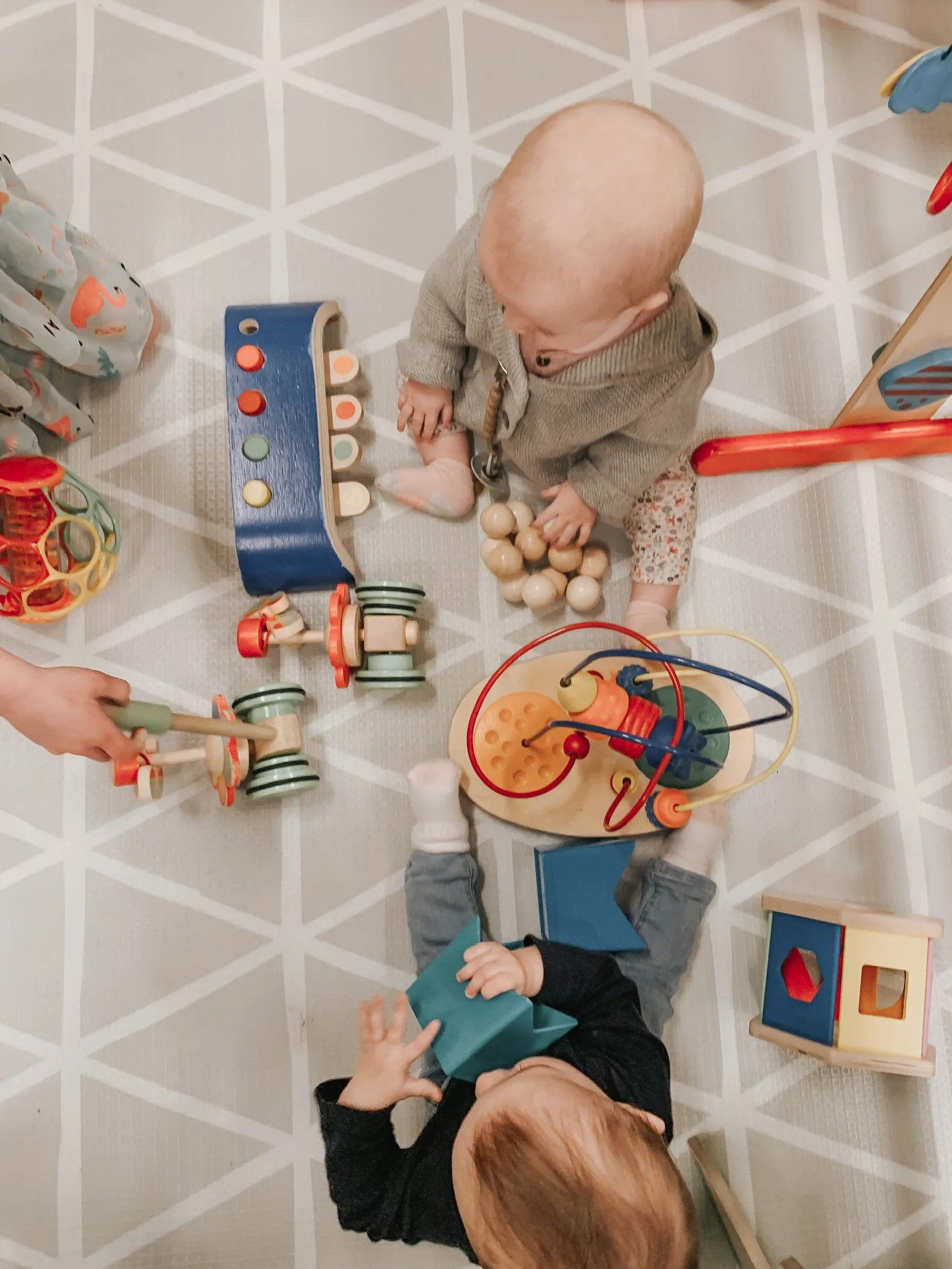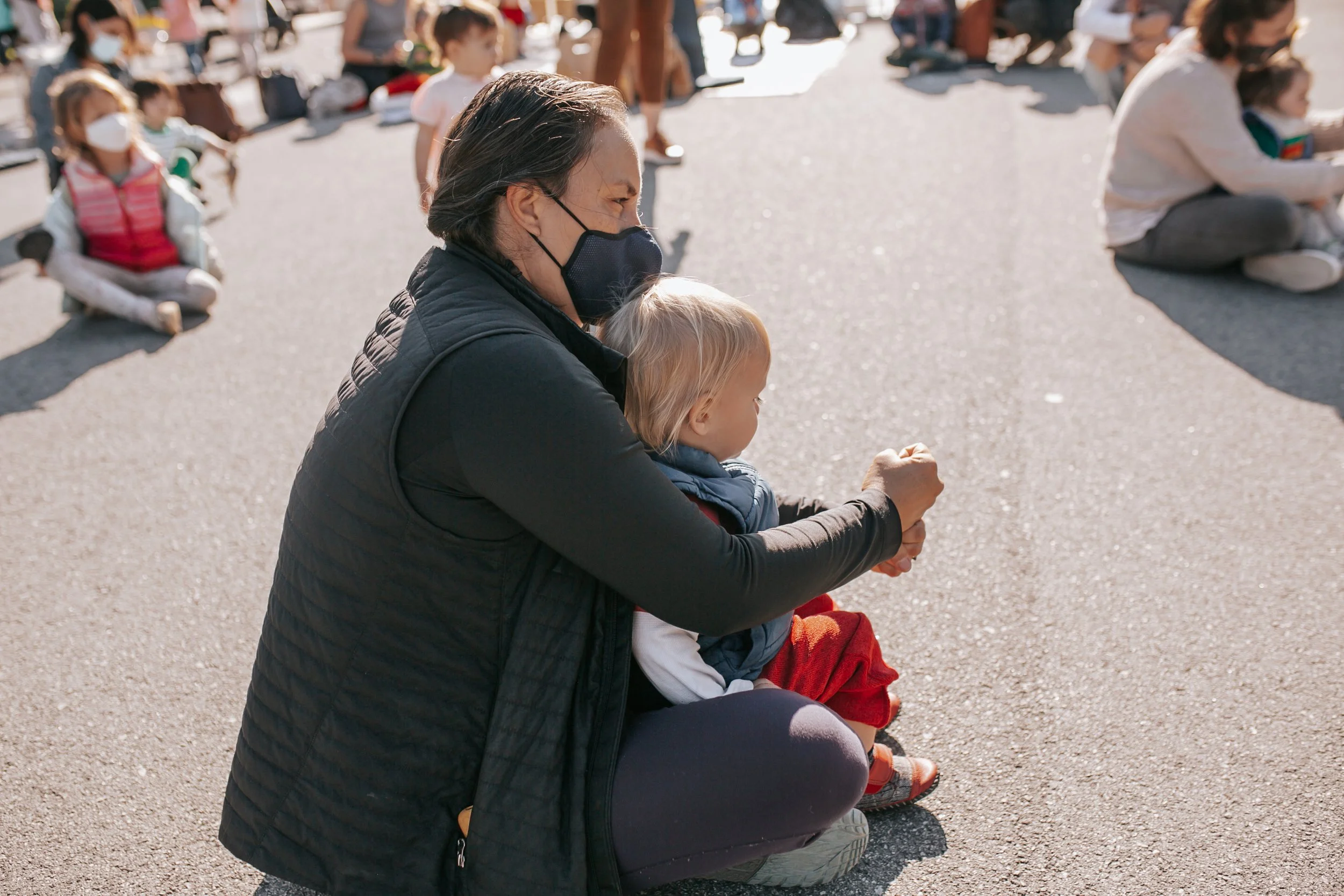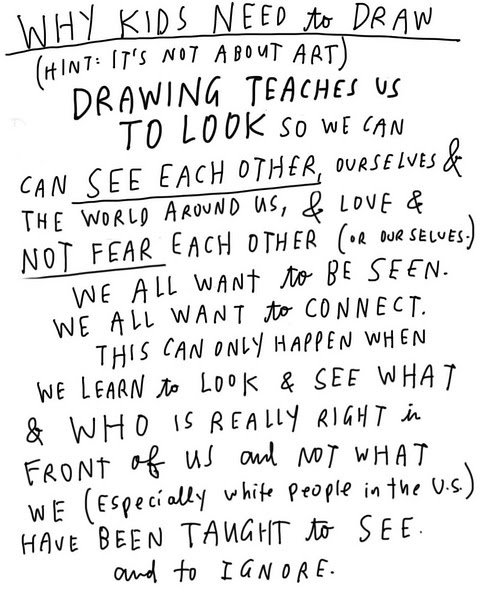Stories, learning to read and reading comprehension
Kids Listen
Kids Listen - audio stories and podcasts for kids grouped by age
Homer
HOMER - reading app with programs to teach children as young as two reading fundamentals
ABCmouse.com, Adventure Academy and Reading IQ
The company Age of Learning is providing closed schools free home access for students to ABCmouse.com, Adventure Academy and ReadingIQ. ABCmouse.com is a comprehensive curriculum for pre-K through grade 2. Adventure Academy is an educational massively multiplayer online game for elementary and middle school students, with thousands of learning activities covering reading, math and science. ReadingIQ is a digital library and literacy platform for children ages 12 and under, with thousands of books to choose from.
Audible
Audiobook service Audible has a large collection of free streaming audiobooks for kids, including JK Rowling's The Tales of Beedle the Bard and Harry Potter and the Sorcerer's Stone.
Read more: Audible adds Harry Potter, Beedle the Bard starring Jude Law, Bonnie Wright
Storyline Online
A children's literacy website from the SAG-AFTRA Foundation, Storyline Online streams videos featuring award-winning actors reading children's books with illustrations. Each book includes a supplemental curriculum developed by an elementary school educator, which aims to improve comprehension and verbal and written skills, particularly for English-language learners. Celebrity readers include Viola Davis, Chris Pine, Kevin Costner, Annette Bening, James Earl Jones, Betty White and dozens more.
Time for Kids
Time for Kids launched a free digital library to bring the school-based publication for elementary and middle school students into homes for the first time. The first issue will be a special report on COVID-19, and will include resources for teachers and families to facilitate conversations about the virus, and help young people better understand it.
Epic
Epic is a digital library for kids age 12 and under, which is offering free remote access worldwide through June, based on teacher request. Students will be able to access Epic's digital library collection of 40,000 books, audiobooks and videos. Teachers and libraries can assign books and monitor progress.
Rivet
Rivet is a free, AI-based kids' reading app and website created by Google's Area 120 experimental workshop that encourages reading practice with 3,500-plus free leveled books for kids. The books are designed for developing readers ages 5 to 10. It's available in the App Store, the Google Play Store and the Amazon app store, as well as on the web through Clever.
Marvel Hero Tales
Based on Marvel Comics, Marvel Hero Tales is a storytelling game app designed to help develop language and reading skills for kids age 7 to 11. Characters such as Spider-Man and Ms. Marvel help players improve their vocabulary and language by creating their own comic books. Developer Kuato Studios is offering a 30-day free trial of the app now.
Achieve3000
Digital education company Achieve3000 is offering free, differentiated online learning resources for educators and students in grades PreK-12. Find all of the free remote learning resources on their website.
